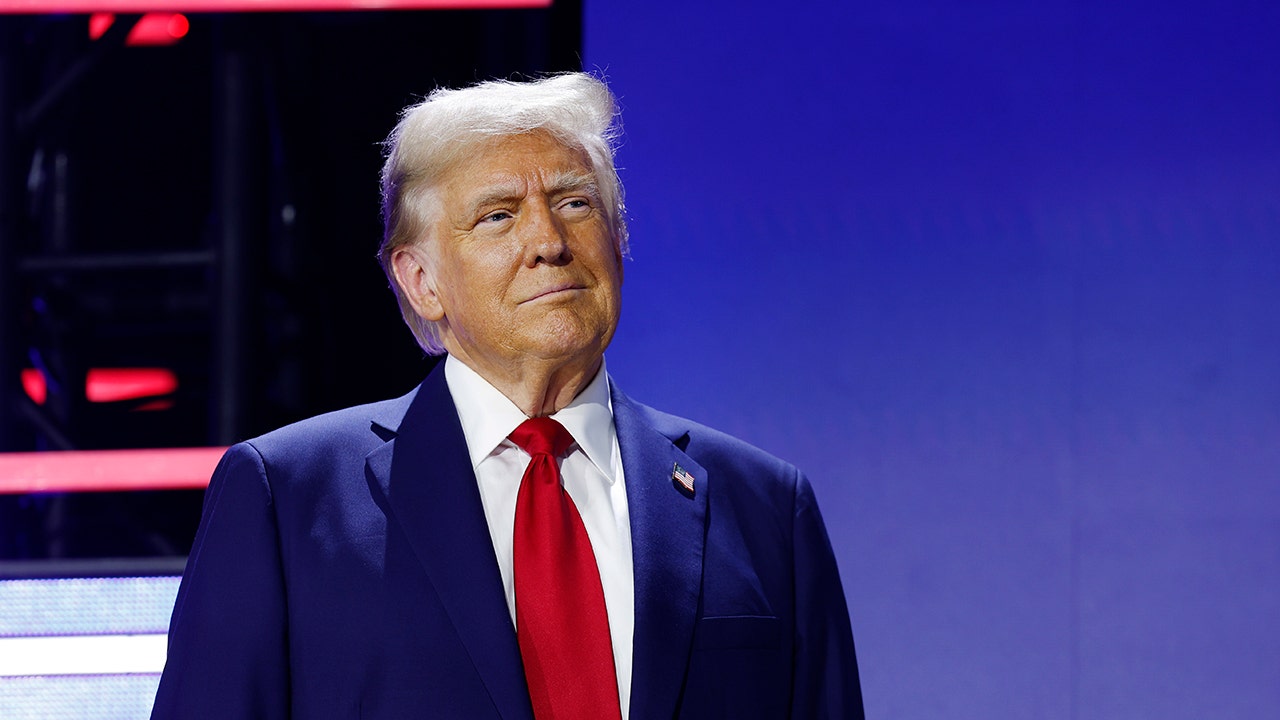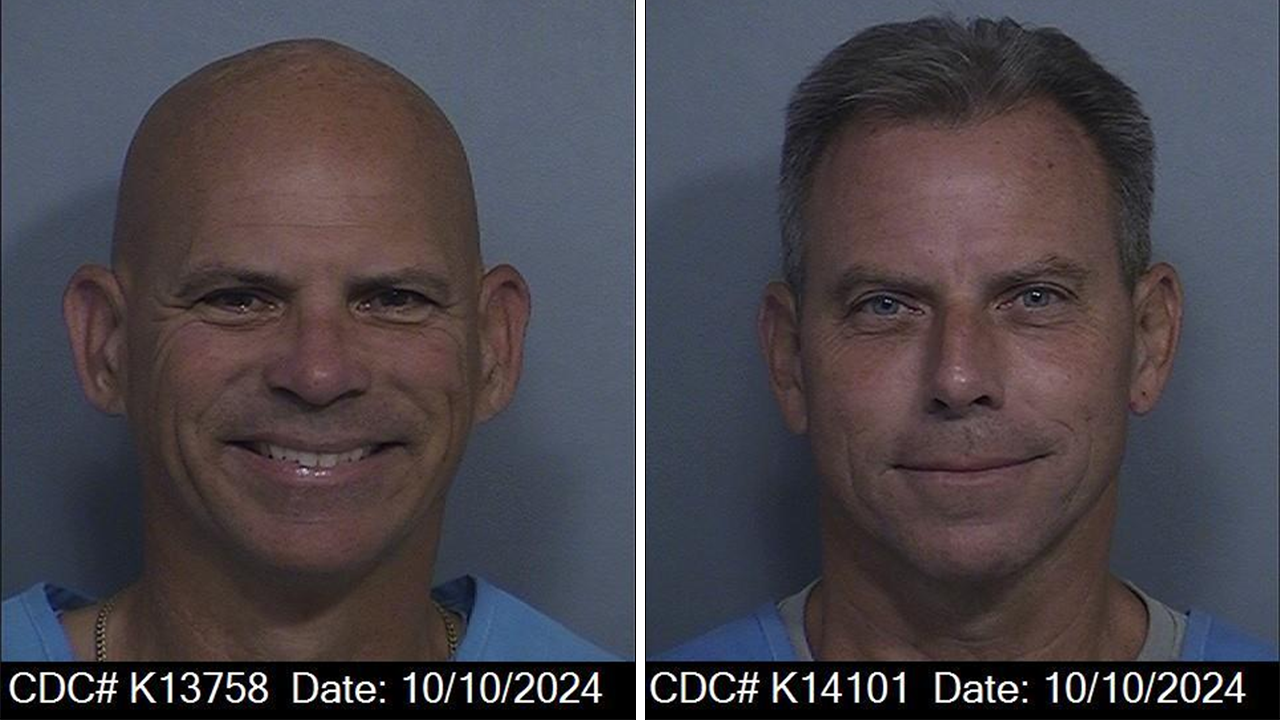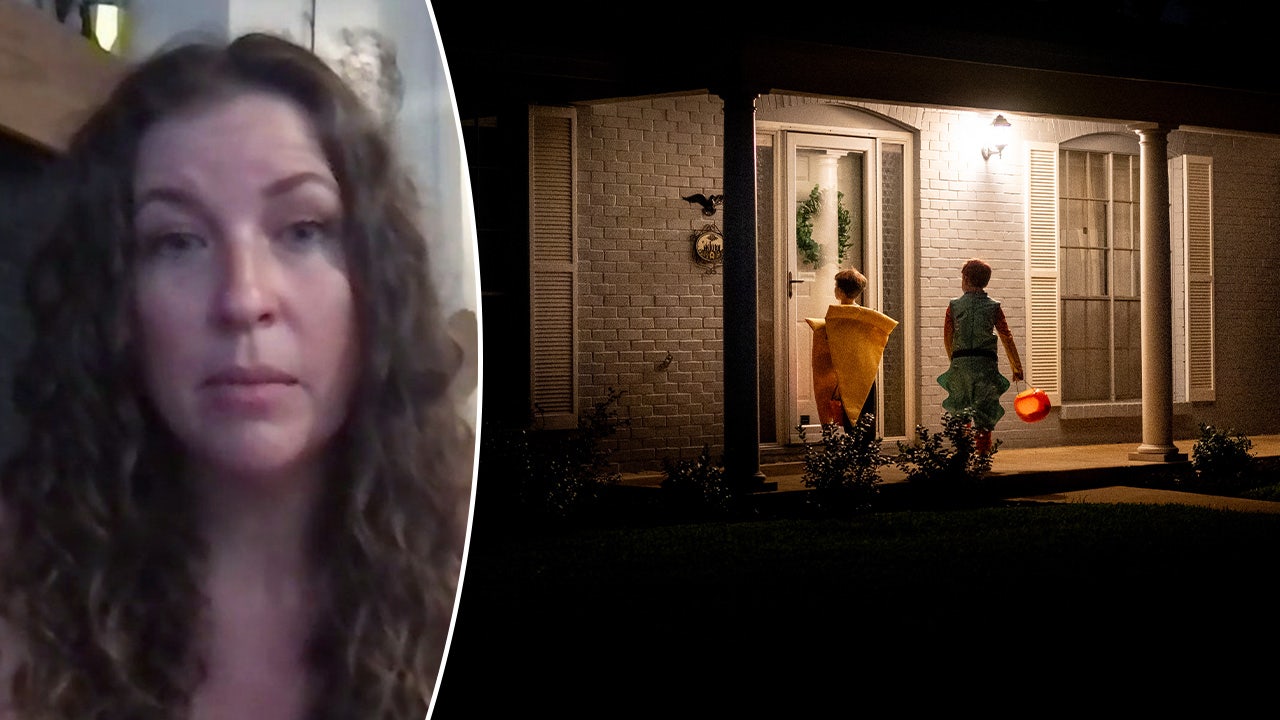Erik and Joseph “Lyle” Menendez, the Beverly Hills brothers who shotgunned their parents to death from behind in 1989, are asking California Gov. Gavin Newsom for clemency less than a week after Los Angeles’ district attorney told a judge their prison sentences should be reduced.
Their lawyer, Mark Geragos, on Tuesday told “TMZ Live” that he would file documents seeking clemency from Newsom later in the day.
The governor’s office said it is unable to discuss specifics.
MENENDEZ BROTHERS RESENTENCING: WHAT HAPPENS NEXT?
“Pending clemency applications are confidential, and we’re not able to discuss individual cases,” a spokesperson told Fox News Digital.
The brothers are both serving life without the possibility of parole, but District Attorney George Gascon’s request last week cleared the way for a judge to impose lesser sentences on the brothers.
Gascon recommended 50 years to life, which would make them immediately eligible for parole hearings. He said he opposed taking things a step further and having their crimes reduced from first-degree murder to manslaughter.
MENENDEZ BROTHERS PROSECUTOR ANNOUNCES RESENTENCING DECISION
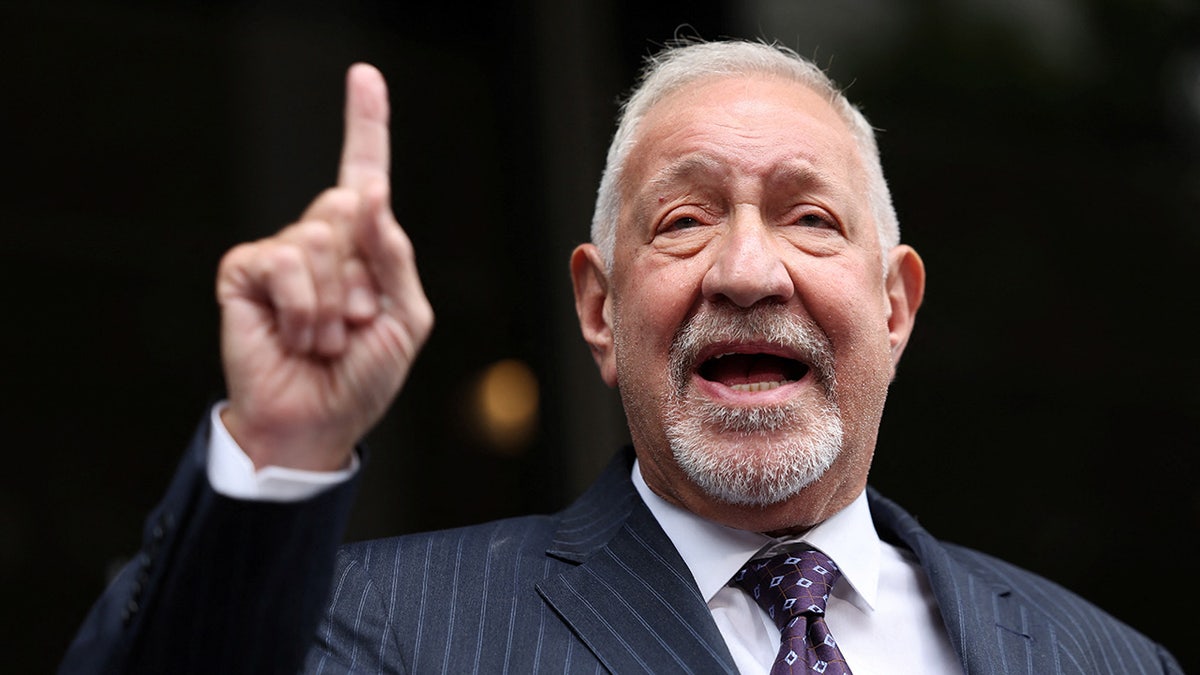
The killings were premeditated. The brothers walked up behind their parents with shotguns while the two were watching TV at 10:30 p.m. And they had to go to the car to reload before firing a fatal shot at their mother, who tried to escape the bloody crime scene after being injured.
No matter what happens with their clemency request, Newsom would still have the final say over whether they should go free.
Even if the parole board approves their release, the governor has veto power.
TIMELINE OF THE MENENDEZ BROTHERS’ MURDER CASE
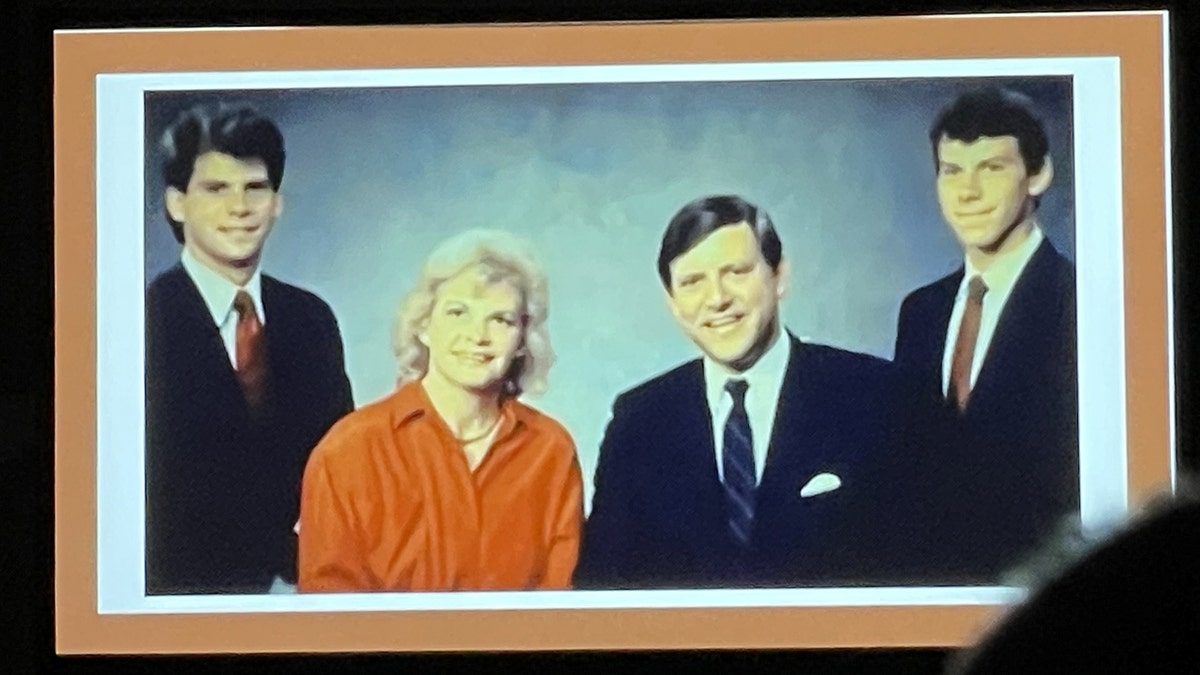
The brothers claim they shot their father, former RCA Records executive Jose Menendez, in self-defense, arguing they thought he was going to kill them after they warned him they planned to expose him as a child sex abuser.
They also killed their mother, Mary “Kitty” Menendez, who was sitting next to Jose eating ice cream and watching TV during the ambush.
Their first trial ended in a mistrial, when jurors couldn’t agree on their fate. After a second trial in the mid-1990s, in which some of their evidence about the alleged sexual abuse was excluded, jurors agreed with prosecutors that their motive was greed.


